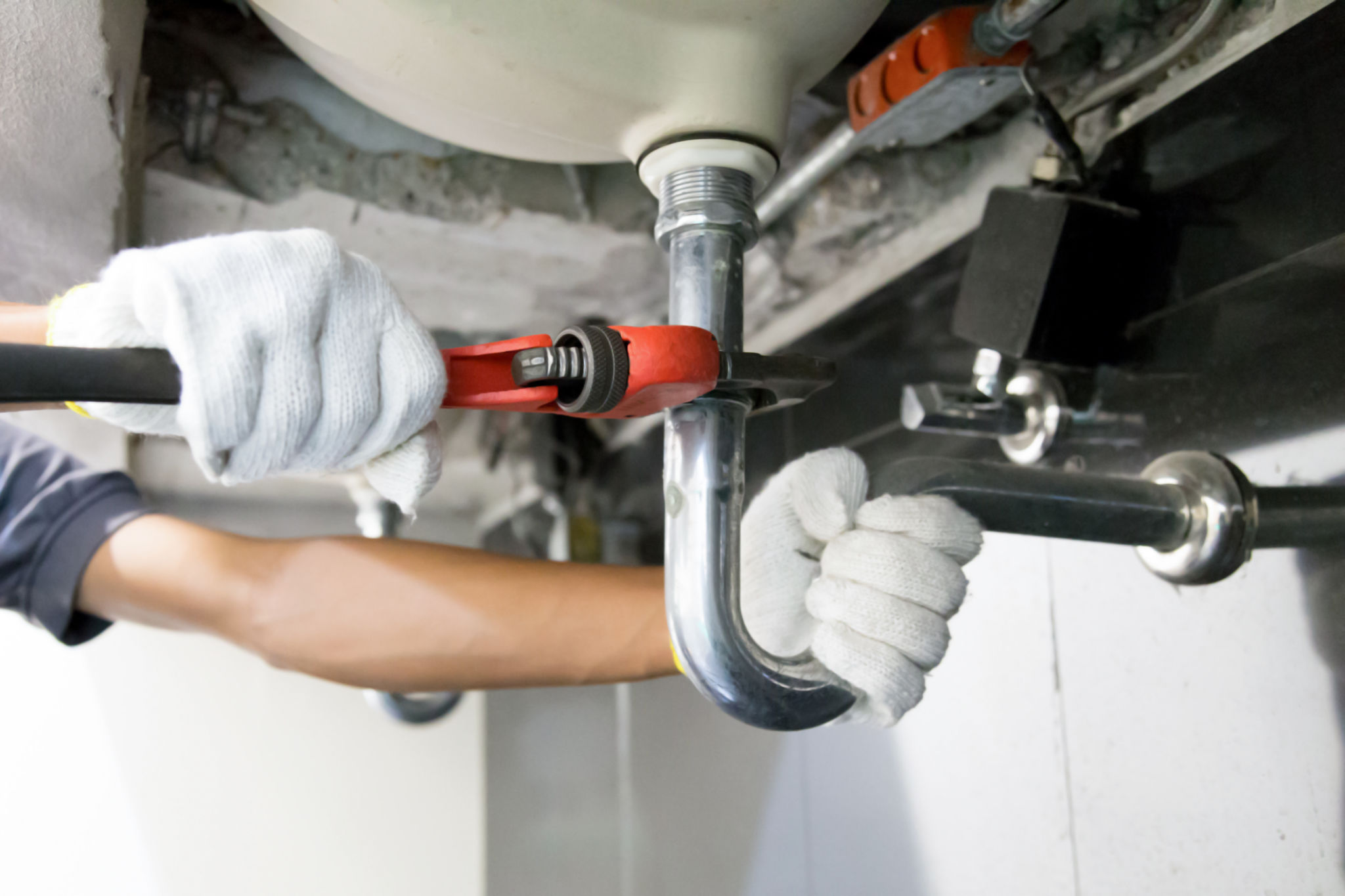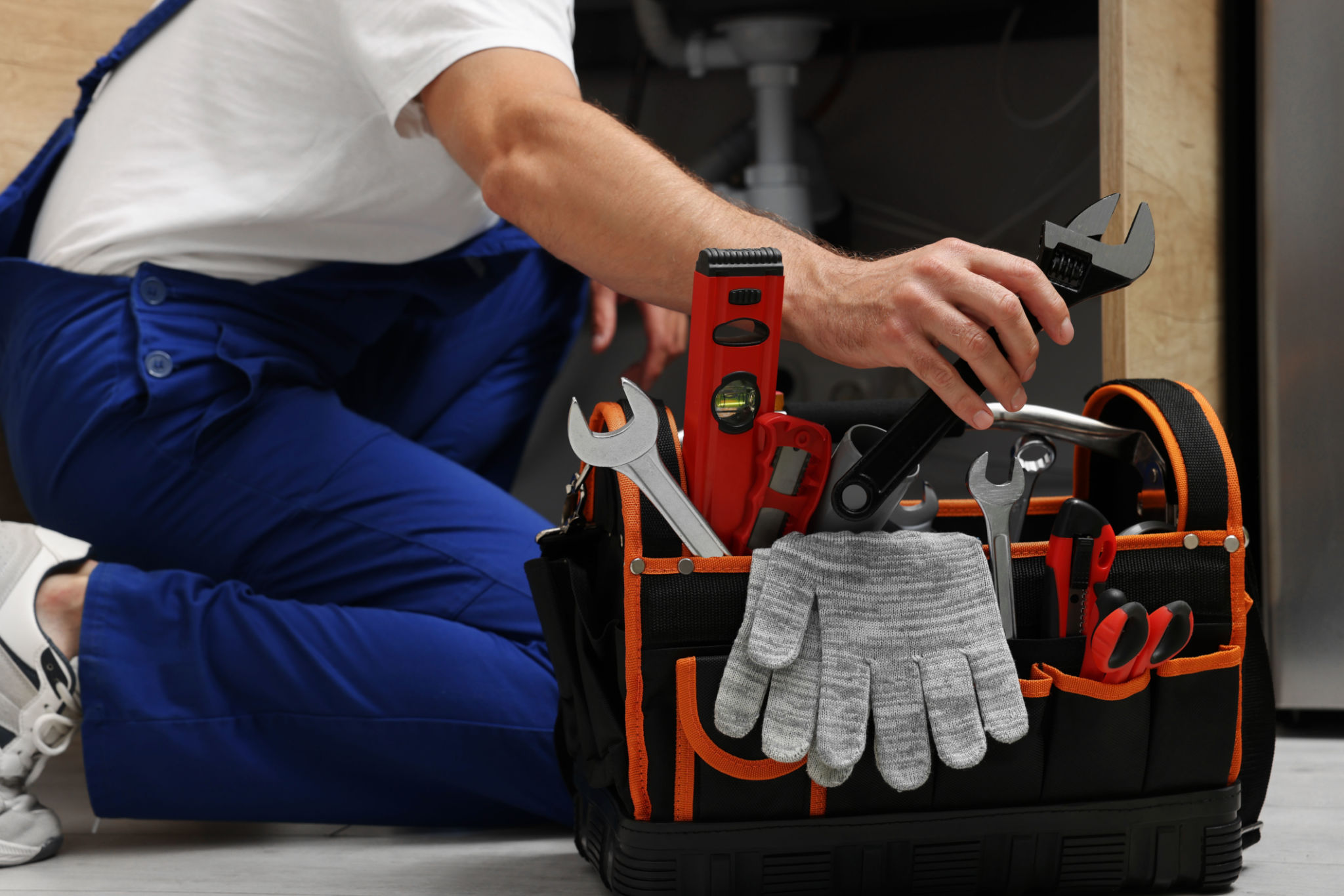Myths vs. Facts: Debunking Common Plumbing Misconceptions
HG
Understanding Plumbing Myths
Plumbing is a vital aspect of every home, yet misconceptions about it abound. These myths often lead to unnecessary expenses and stress. Therefore, it's crucial to separate fact from fiction when it comes to plumbing. In this post, we will debunk some common plumbing myths to help you maintain a healthy plumbing system.

Myth: Lemons Clean Your Garbage Disposal
One persistent myth is that putting lemons in your garbage disposal will clean it. While lemons can temporarily mask bad odors, they do not clean the disposal. Instead, the acid in lemons can corrode the metal components over time. To properly clean your disposal, use a combination of ice cubes and baking soda.
Myth: A Slow Drip Means a Minor Leak
Many homeowners believe that a slow drip from a faucet is not a significant issue. However, even minor leaks can lead to substantial water waste over time. A single dripping faucet can waste over 3,000 gallons of water annually. Fixing leaks promptly saves water and reduces utility bills.

The Reality of Plumbing Systems
Understanding the real workings of a plumbing system is essential for proper maintenance. Here are some facts to consider:
- Fact: All plumbing systems have traps and vents to prevent sewer gases from entering your home.
- Fact: Regular maintenance can prevent the majority of plumbing issues.
- Fact: Tree roots are a common cause of blocked sewer lines.
Myth: You Can Flush Anything Down the Toilet
Another widespread myth is that toilets can handle anything you flush. This is far from the truth. Items like wipes, cotton swabs, and hygiene products can cause blockages and damage your plumbing system. Only human waste and toilet paper should be flushed to avoid costly repairs.

Myth: Chemical Drain Cleaners are Safe and Effective
Chemical drain cleaners are often seen as a quick fix for clogs. However, these products can be harsh on your pipes, leading to corrosion and long-term damage. They may also fail to address the root cause of the clog. It's safer and more effective to use a plunger or call a professional plumber for persistent issues.
The Importance of Professional Guidance
While some plumbing myths may seem harmless, they can lead to significant issues if believed and acted upon. Consulting with professional plumbers ensures that you receive reliable advice and solutions tailored to your home's needs. Remember, proactive maintenance is key to avoiding plumbing nightmares.
